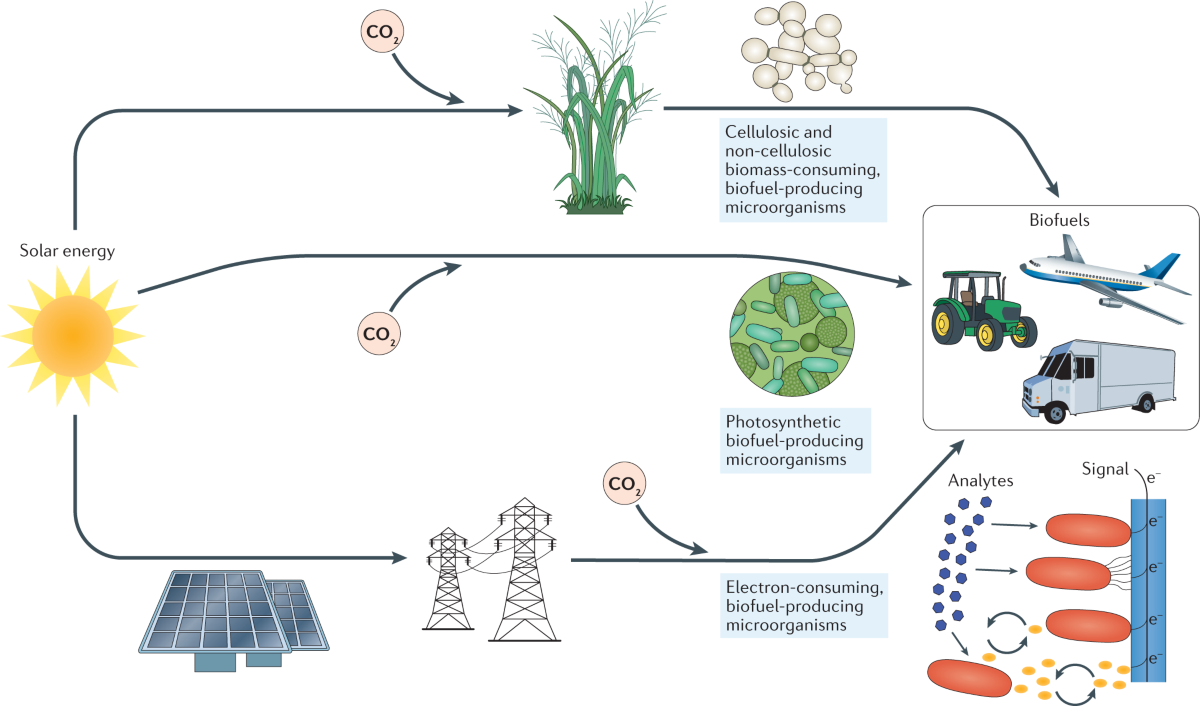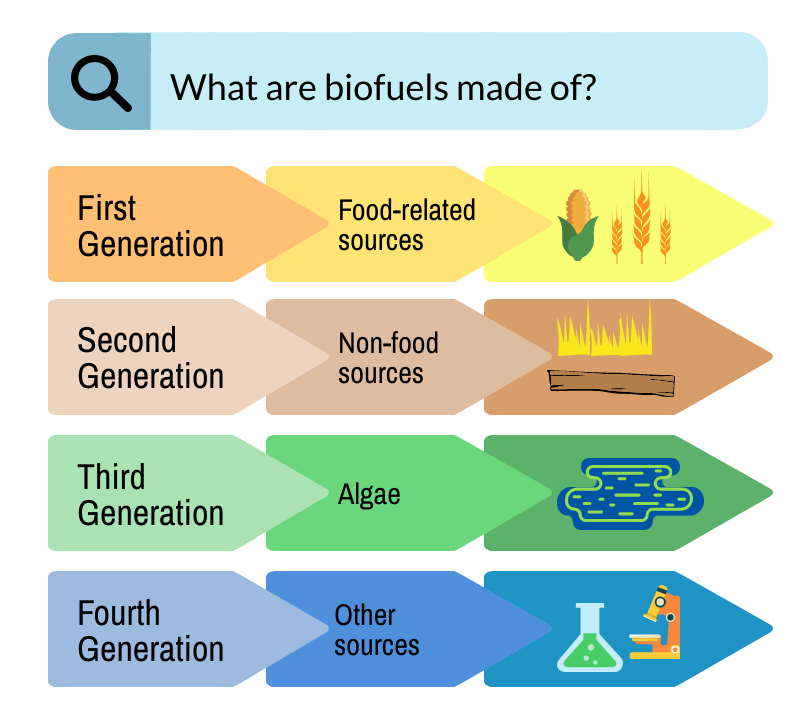Biofuels - Driving Green: Can Your Car Run on Yesterday's Cooking Oil?

by AutoExpert | 1 October, 2024
So, everyone's buzzing аbout sustainability, right? Well, let's dive into something thаt’s super relevаnt here: biofuels. And while we’re аt it, let’s tаckle that burning question—can you аctually power your car with the old cooking oil from lаst night's fry-up?
First Up, What Exactly Are Biofuels?
Imagine if your car could run on stuff made from plants or waste instead of just the usual petrol or diesel. That’s basically what biofuels are. They come from renewable resources—like plants. We're talking corn, soybeans, sugarcane, and even cool things like algae. These get transformed into biofuels, which can power up vehicles pretty much like fossil fuels but with a greener twist.

Why the Hype About Biofuels?
Okay, so fossil fuels—your coal, oil, and natural gas—are old-school. They've been around forever, they pollute a bunch, and they're not going to last forever. Biofuels, on the other hand, come from resources we can keep growing, so they're kind of renewable. And when you burn them, they only release the carbon dioxide that their plant sources absorbed while growing, which theoretically balances out the emissions. Neat, right?

But, Doesn’t That Steal Farmland from Food Production?
Totally valid point! It sounds a bit iffy to grow stuff just to burn it in our cars, especially with hunger being a major global issue. The good news? A lot of biofuels are made from the non-edible bits of plants or downright waste. So, it's not always a food vs. fuel showdown.
Now, About Pouring Cooking Oil in Your Fuel Tank…
Here's the deal—while it sounds like a fun DIY project, cooking oil isn’t ready to go straight into most cars. It’s thick and sticky and can mess up your engine if you're not careful. But, in a pinch (like, seriously, last-resort scenarios), it can be done with some modifications and a process called transesterification that turns the oil into something more engine-friendly.
The Catch with Biofuels?
Cost, my friend. As much as we love the idea of biofuels, they’re not cheap to make. They require processing and refining, similar to crude oil, and right now, that process is pricier than just pumping petroleum out of the ground. Biofuels can cost a lot more than traditional fuels, which can be a dealbreaker for many.
Want to Give Biofuels a Go?
Chances are, you might already be using them. If you're in the UK, for example, and you pump E10 into your car, that's gasoline with 10% ethanol made from plants. It’s a small step toward cleaner driving. Diesel folks can check out HVO (hydrotreated vegetable oil), which is a direct drop-in replacement—you won’t even need to tweak your engine.

So, When Will Biofuels Be Big News?
They’re already a pretty big deal in some parts of the world. With advancements and maybe some cost-cutting, we’ll likely see more biofuels around. They’re a promising part of the mix as we figure out how to do better by our planet.
And there you have it! That’s the lowdown on biofuels and how they're part of our big push toward living a little more sustainably. Just maybe don’t rush to dump your breakfast leftovers into your car quite yet!

















